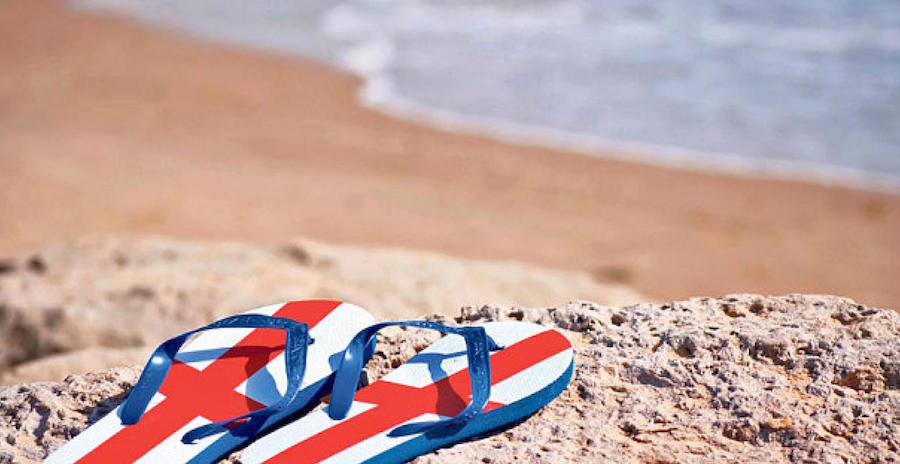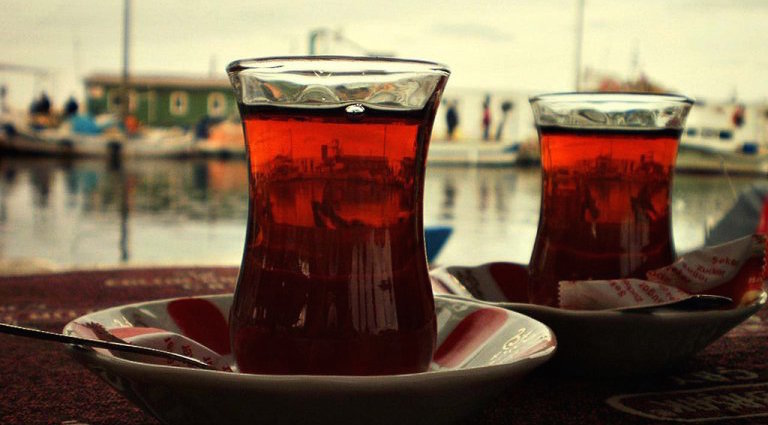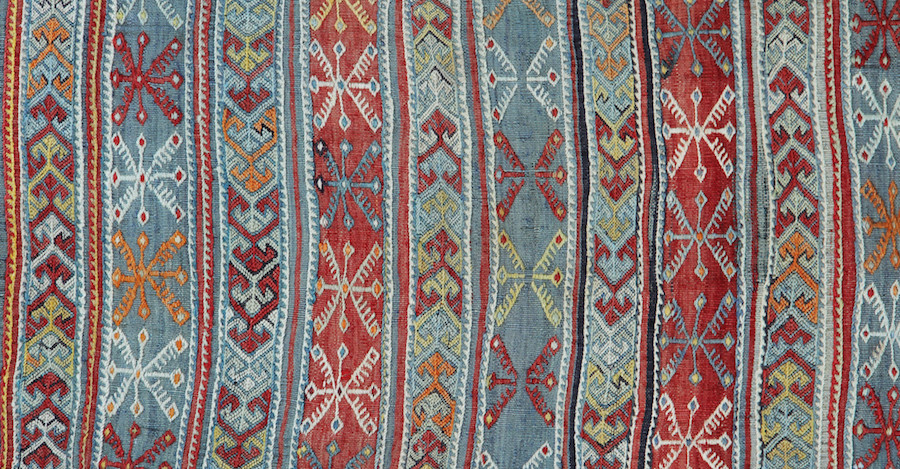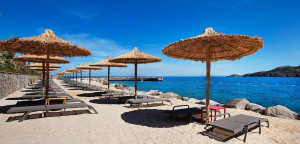The term “culture” is an incredibly broad definition but experts agree it is what defines a social group of people. This includes their language, beliefs, traditions, regional cuisine, folk dancing, and so forth. So, looking at Turkish culture for tourists, it would be wise to focus on characteristics that they will encounter as they holiday or travel around the country.
Foreigners will immediately notice the cultural differences from other countries, whether socialising, making purchases in shops or through general interactions with Turks. It is diverse as it is unique and includes warm hospitality and a friendly nature to strangers rarely seen elsewhere. If you have any apprehension about making a cultural faux pas when interacting with Turks, just relax. An effort to appreciate their customs will be gratefully received.
The exception where Turkish culture may not be as evident as other places are in the touristic holiday resorts of the Aegean and Mediterranean coasts, but travel elsewhere and you will gain a pleasant glimpse in the daily customs of Turks as they go about their normal lives.

Social Interactions and Greetings
When two strangers meet for the first time, men will firmly shake hands while women do the same but gentler. Turks limit personal contact unless two people know each other personally. A standard greeting among friends is to kiss each other on both cheeks, and if the men are best friends, they will even walk down the street arm in arm. Two male friends who are pious Muslims will greet each other by touching temples.
While contact between strangers is restricted, when it comes to friendships, foreigners from reserved countries often remark about the lack of personal space. Turks are touchy, feely with each other, and happily show their affection if you are a member of the same sex. A pious female will avoid all physical contact with members of the opposite sex. If you are unsure of what to do, just hold back, be cordial and follow their lead.
Perhaps the most common expression used in Turkish culture that a foreigner will hear is “Hos Geldiniz.” When you arrive, your hotel receptionist will say it, as will the waiter when you walk into a restaurant. If you are buying souvenirs in a shop, the seller will invite you to look around by saying this term. It just means “you are welcome” and if you want to reply in kind, say “Hos Bulduk”

Cultural Dress Standards
Dress standards are probably the most confusing Turkish culture for tourists to understand because it varies from region to region. The beach holiday resorts of the Aegean and Mediterranean have a relaxed; anything goes style, however, to visit a mosque, explore conservative neighbourhoods or just to get away from touristic areas, sticking to cultural dress standards will help you to blend in. Men should wear a shirt at all times. Women should cover their upper arms, cleavage, midriff, and upper legs. If visiting a mosque, men should also wear trousers and females should cover their hair.
Food and Drink Cultural Traditions
In Turkey, great respect revolves around the simple act of eating. Turks are grateful for food and rarely waste it. A meal with friends and family is also a highly enjoyable occasion. First-time visitors will instantly notice Turks eat bread with everything. The waiter may also say to you “Afiyet Olsun” which means enjoy your meal.
Somehow, Turkey has ended up with a reputation for apple tea, but this is purely a tourist gimmick. Thousands of glasses are drunk every day but tea should be black, sweet and served in small tulip glasses. Shop owners will most likely offer you a glass, or two. Also, keep an eye out for the men’s only tearooms or the family tea gardens. Read this article to know more about Turkish tea.

Mind Your Manners
Turks give great respect to the elderly and pregnant women so if you see one of them on a bus; it is polite to give up your seat if no others are empty. Cleanliness and personal hygiene are also important. Sneezing and then shaking hands is rude as is blowing your nose loudly in public.
Turks are extremely patriotic and hold their flag in high regard so avoid showing any disrespect such as sitting on it. Avoid discussions about politics, and football and stick to more easy-going subjects because Turks vary in opinion on both issues and get passionate. Some Turks may also refuse to touch animals such as dogs.
The Cleansing Turkish bath Tradition
Despite the Tourism industry hijacking the concept, one Turkish cultural custom that is a delight to experience is a Turkish bath. Turks may indulge in this ancient steaming tradition once a month or so, simply for its relaxing results and as social interaction with close friends.
Following a session in the hot room, a masseur will rub you down with a loafer to remove dead skin. The additional bonus is an olive oil massage and a cup of tea after. Although the touristic venues offer sessions for men and women together, Turks stick to segregated days. If you are body conscious, or visiting the touristic Turkish baths, wear your swimming costume. Find out about the do’s and don’ts of a Turkish bath, in this article.
Carpets and Kilims
Last on our must-know list of Turkish culture for tourists are carpets and kilims, a key feature of Turkey homes for thousands of years. When tourism came to Turkey and foreigners showed a keen interest in the cultural significance of them, they turned into a fully-fledged business industry. Certain regions have esteemed reputations for their expert production of carpets and the motifs and design all have a tribal meaning. If you decide to buy one, seek expert advice because unfortunately, fake Chinese versions can easily deceive you. This article tells you all you need to know and more.









